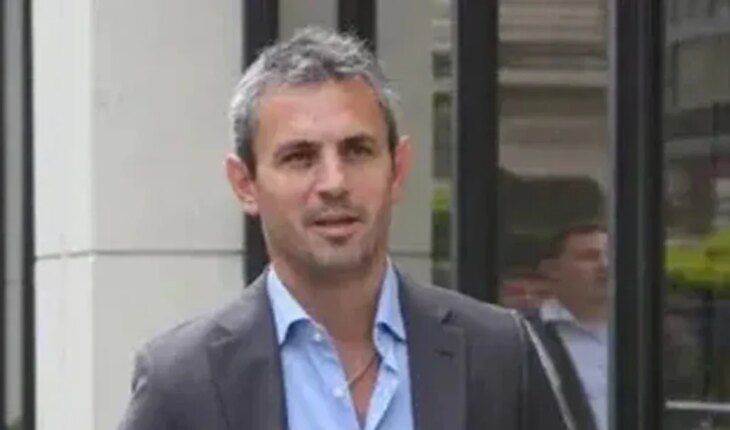President Javier Milei is convinced that the Omnibus Bill must be approved by Congress in January, during the extraordinary session. Since the Basic Law entered the House of Representatives, the government has tried to exert pressure on legislators. However, the government’s strategy would have been exhausted under the conditions that the opposition is trying to set. In this context, the president of the Chamber of Deputies, Martin Menem, said on Monday that they will accept modifications in the bill called Bases and Starting Points for the Freedom of Argentines. “Suggestions are accepted,” he said, although he clarified that “neither the north nor the ideas are negotiated.” “I have received some suggestions that are of great value from those who want to accompany the change and have taken note of the crisis we are going through,” he added. The government refuses to send its ministers to Deputies to explain the Omnibus LawThis Sunday, when asked about the possibility of discussing modifications in the initiative he sent to Congress, President Milei remarked that “we do not negotiate anything, we only accept suggestions to improve.” Later, in the same interview with Radio Mitre, he again attacked the deputies and senators, whom he accused a few days ago of “looking for bribes.” “They complain, they attack it as unconstitutional when it’s within the Constitution. And if not, there are others who are the useful idiots who focus on the forms, when it is part of the dynamic,” he said when defending the DNU of economic deregulation. “As much as we are doing a phenomenal job, when Congress starts doing stupid things, it takes the bill,” he added when addressing the economic plane, in the run-up to INDEC releasing the December inflation data. The ambitious bill sent by the president gained support among a sector of what was once Juntos por el Cambio, where the most hardline sector of the PRO, which is referenced in Mauricio Macri, is willing to accompany the initiative. But the ruling party must gather more support if it wants the project to come to fruition. Discounting the rejection of Kirchnerism, some questions arose in a sector that is committed to establishing a dialogue with the government.” He has to govern with Congress,” said Deputy Miguel Ángel Pichetto, head of the latter bloc that could be fundamental in the legislative debate. In the radicalism led by Rodrigo de Loredo, they asked the government to withdraw “the” of the project, among which he mentioned the decision that judges use a toga and hammer or that the resale of tickets for shows be regulated. According to reports, they would have developed a traffic light to qualify the 600 articles that make up the document. In the same vein, the ARI led by Maximiliano Ferraro called on officials to “identify priorities to focus on the issues that the government’s plan requires to stabilize an economy in deep crisis.” Thus, the opposition is trying to negotiate with the government, which is racing against the clock to comply with the president’s order to approve the project before February.
While Milei strains the relationship with Congress, the ruling party in Deputies says it will accept changes in the Omnibus Law
January 8, 2024 |





